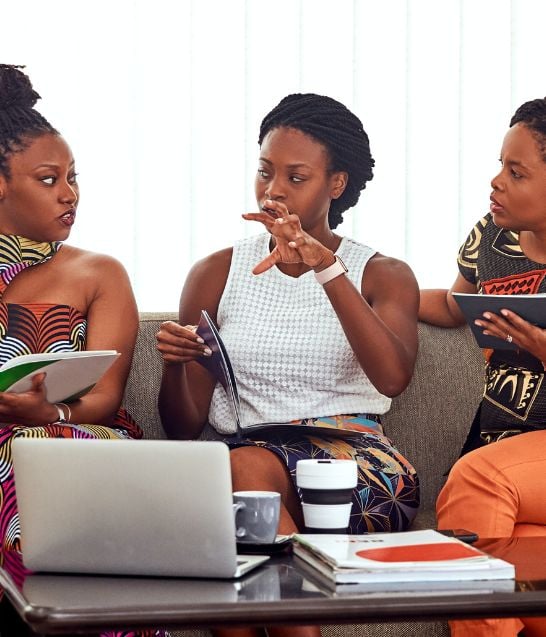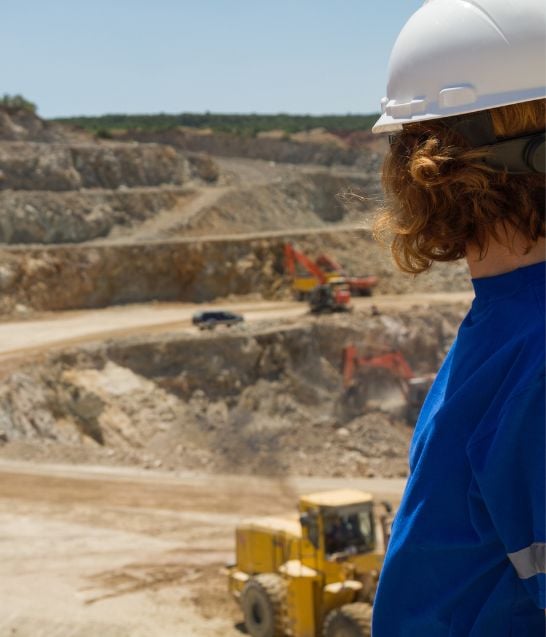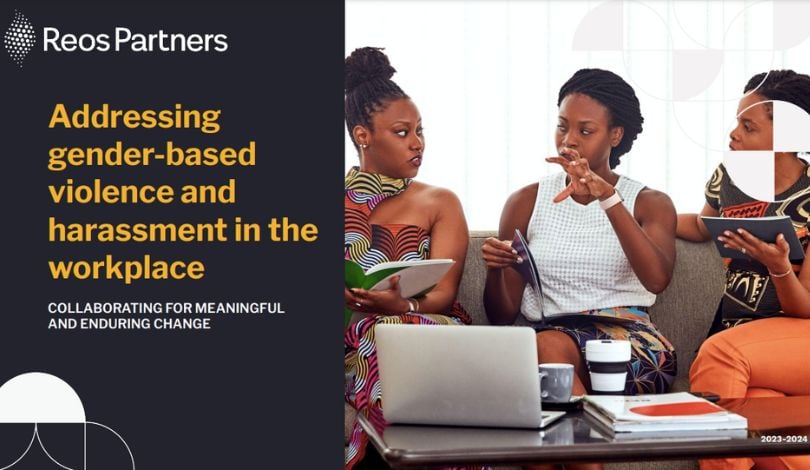
Supporting collective action to address gender-based violence and harassment
Discover how Reos Partners co-designs tailored and adaptive strategies through collaborative and creative approaches to support initiatives that address gender-based violence and harassment.
Gender-based violence and harassment (GBVH) is one of the world's most prevalent human rights violations. It Includes sexual, physical, psychological and economic abuse and is directed at or disproportionately affects people of a specific sex or gender, including gender-nonconforming individuals.
GBVH is deeply rooted in gender inequality, making women, children, LGBTQIA+ and gender-nonconforming individuals especially subject to violence and harassment.
Reos Partners works with diverse stakeholders across systems to identify and create interventions to address GBVH at a systemic level.
Our tailored, collaborative approaches create an enabling container for learning, trust-building, re-imagining, and innovation, enabling our partners to mobilise collectively and develop responses that address the root causes of GBVH.
Examples of our GBVH work

Exploring transformative solutions to reduce levels of violence against women in South Africa
Challenge: GBVH is a prevalent problem in South Africa across socio-economic classes. The safety of women and children continues to be an issue that shows the vulnerabilities in responses to violence against women (VAW) institutionally and at a societal level.
Partnership: In 2016, the Soul City Institute for Social Justice collaborated with Reos Partners to explore transformative solutions to VAW in South Africa. The 2-year social lab included 50 members from various government departments, NGOs and funders. The process involved extensive interviews and synthesis, multiple workshops, and research to address systemic issues of VAW.
The social lab approach enabled the creation of solutions, testing, assessment and rapid implementation in an iterative process.
Transformation: The lab cultivated ideas, prototypes and innovations in ending VAW. These prototyped solutions and strategic lessons were shared and communicated via various platforms to enable systemic breakthroughs. A fund was also launched in 2017 to support successful innovations addressing GBVH.

National workshops to build a systemic response to violence against women in Australia
Challenge: Efforts to focus on the mostly male perpetrators of family and sexual violence in ways that both respond to and prevent their violence are complex and evolving. The evidence of what works is also a growing area. To address this epidemic, the Australian government began by seeking national agreement within the VAW sector on what should be achieved in working with men.
Partnership: The government partnered with Reos Partners to lay the foundation for a preventive, national approach to VAW in Australia. One that systemically addresses male perpetrators' behaviour, attitudes, and needs. Reos supported the development of perpetrator intervention outcome standards.
Transformation: An agreed-upon set of outcome standards was reached, and as a result, the commonwealth, state, and territory governments looked towards funding a more unified multi-stakeholder effort toward collective action.
The workshops also led to a deeper, more productive conversation about prevention and men and revealed that the outcome standards need the additional structure and direction of more research; Reos was approached to support this. Lastly, the commonwealth government set up a new national research centre to explore how to work with perpetrators to prevent VAW.

Kumba Iron Ore GBVH prevention lab in South African mining communities
Challenge: GBVH is prevalent in South Africa’s mining industry, and approaches are needed to filter the communities where minerals producers operate. The challenge is that ongoing socio-economic issues such as poverty and inequality are fuels of the issue of GBVH against women and children in these communities. These factors need to be considered when designing GBVH interventions.
Partnership: Kumba Iron Ore approached Reos Partners to coach, facilitate and co-create trauma-informed long-term GBVH solutions.
Using the social lab approach, Reos engaged over 2,500 stakeholders across Kumba’s ecosystem to explore the root causes of GBVH, laying the foundation for teams to innovate prototypes to address the identified causes.
Transformation: Reos engaged with Kumba’s partners and the community on their perceptions and understandings of GBVH. This process included shifting how stakeholders engage, communicate and share information about GBVH.
The interventions have been designed to go beyond the mining company to address the prevalence of GBVH in the mining communities they operate in. Reos and Kumba achieved a collective definition of the problem and clarity on the boundaries and objectives of a future GBVH lab.



